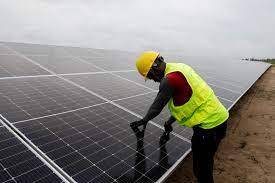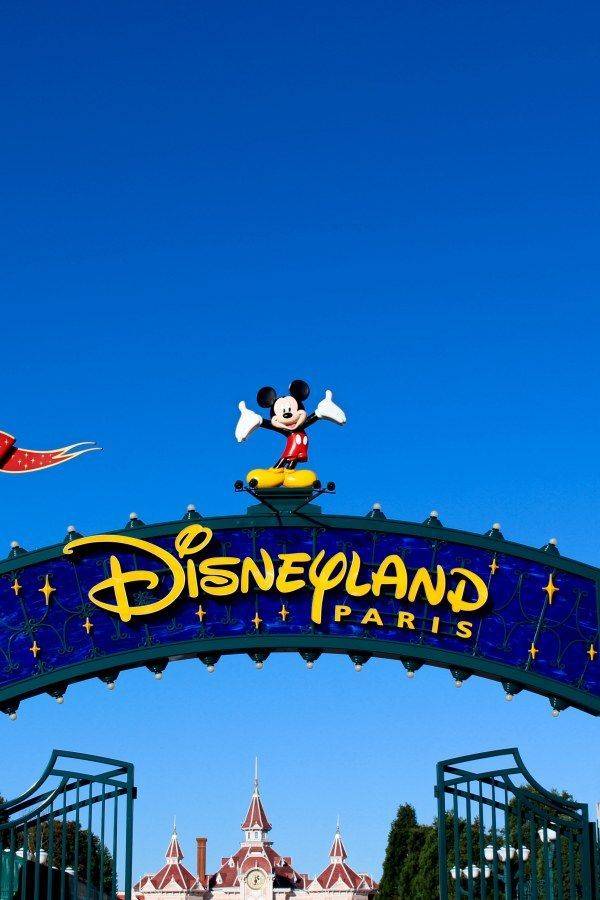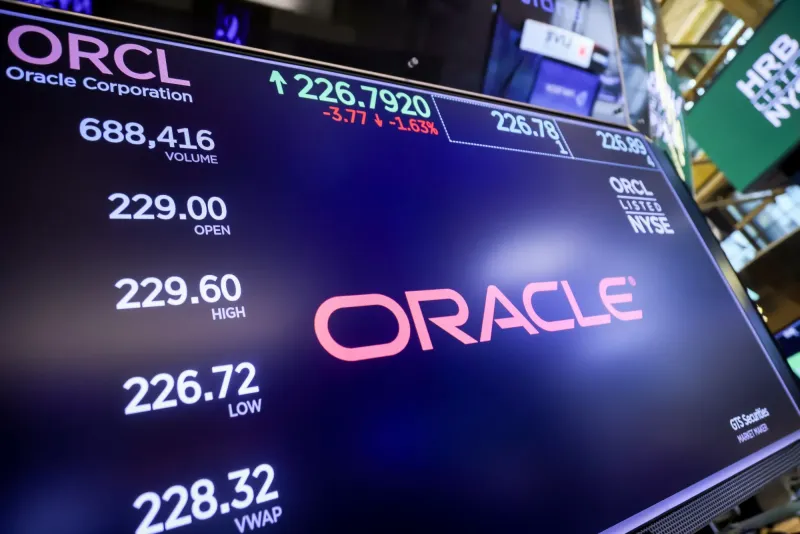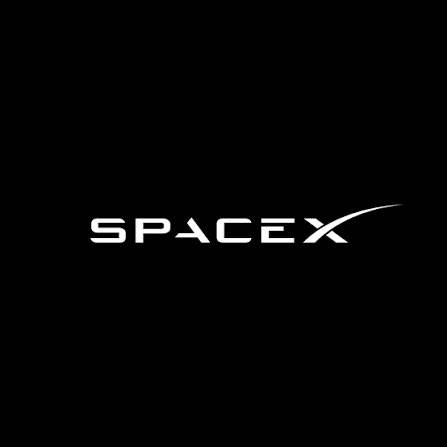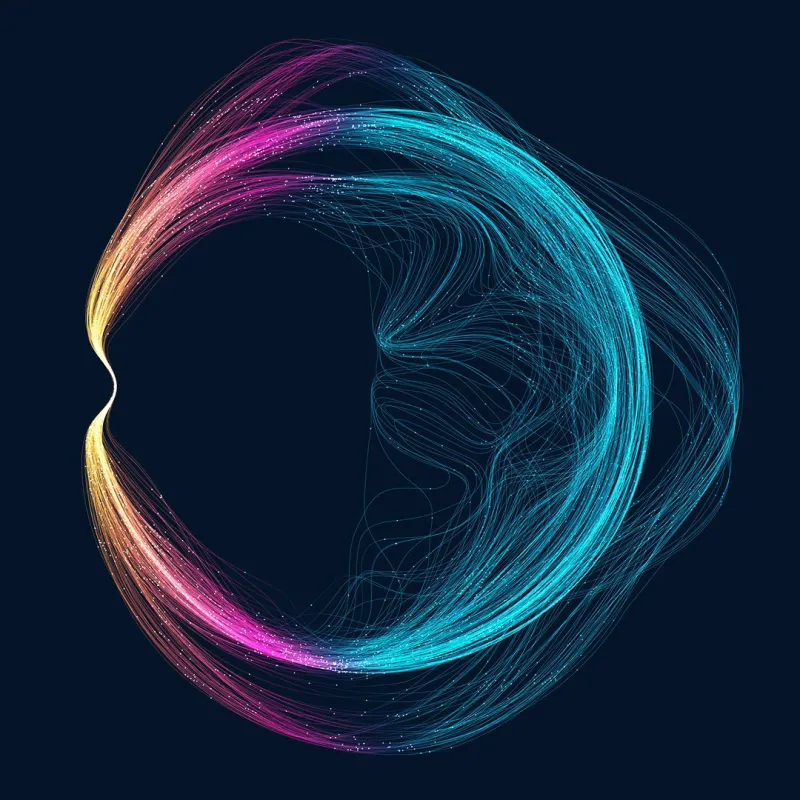The World Bank wants to help finance the construction of 1,000 small solar power plants in Africa's largest economy, Nigeria, in partnership with the government and the private sector, the lender's CEO said on Saturday. Ajay Banga. Nigeria, with a population of over 200 million, has installed 12,500 megawatts, or MW, of power to generate electricity, but it produces only a fraction of that, leaving millions of families dependent on fuel and diesel fuel. Small grids, with small power generators, typically range in size from a few kilowatts to 10MW, enough to power around 200 homes. Speaking during a visit to a mini-grid on the outskirts of the capital, Abuja, Banga told newsmen that nearly 150 mini-grids, financed by the World Bank, have been constructed. to bring electricity to villages without electricity. "We are investing another 300, but our goal with the government is to go up to 1,000. We are talking about investing hundreds of millions of dollars," Banga said, without giving a timeline. \"Now the idea is not that the World Bank is the only one investing the money. We are investing some money as a gift.''World Bank statistics show that in sub-Saharan Africa, 568 million people still lack electricity. Globally, almost 8 out of 10 people without electricity live in Africa.
"We are putting another 300 in, but our ambition with the government is to go all the way to 1,000. We're talking about hundreds of millions of dollars that are being invested," said Banga, without giving a timeline. "Now the idea is not for the World Bank to be the only person putting the money. We put part of the money like a subsidy."
